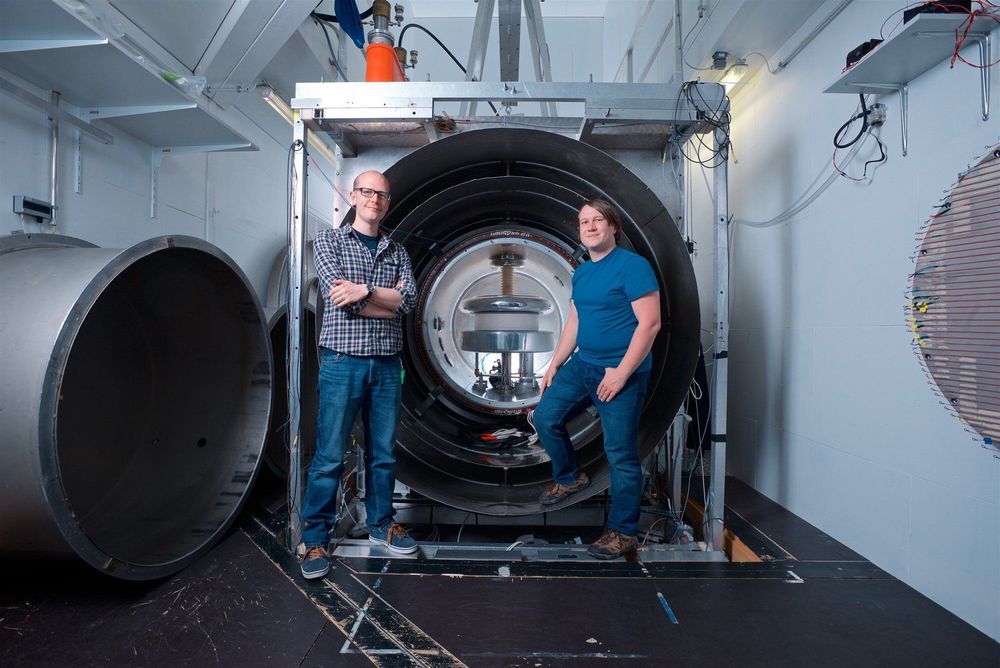Mar 1, 2020
Why is there any matter in the universe at all? New study sheds light
Posted by Saúl Morales Rodriguéz in categories: cosmology, particle physics
Scientists at the University of Sussex have measured a property of the neutron—a fundamental particle in the universe—more precisely than ever before. Their research is part of an investigation into why there is matter left over in the universe, that is, why all the antimatter created in the Big Bang didn’t just cancel out the matter.
The team—which included the Science and Technology Facilities Council’s (STFC) Rutherford Appleton Laboratory in the UK, the Paul Scherrer Institute (PSI) in Switzerland, and a number of other institutions—was looking into whether or not the neutron acts like an “electric compass.” Neutrons are believed to be slightly asymmetrical in shape, being slightly positive at one end and slightly negative at the other—a bit like the electrical equivalent of a bar magnet. This is the so-called “electric dipole moment” (EDM), and is what the team was looking for.
This is an important piece of the puzzle in the mystery of why matter remains in the Universe, because scientific theories about why there is matter left over also predict that neutrons have the “electric compass” property, to a greater or lesser extent. Measuring it then it helps scientists to get closer to the truth about why matter remains.

















